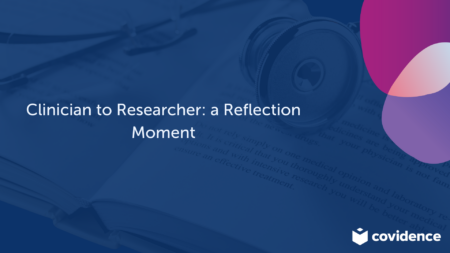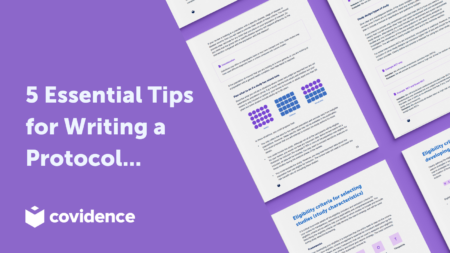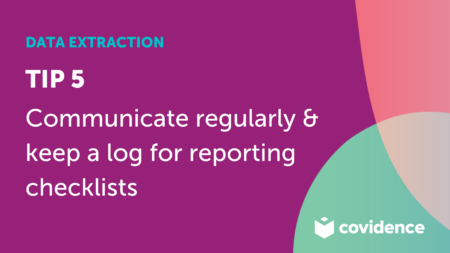In today’s world, the importance of quality evidence synthesis for informed decision-making cannot be overstated. Systematic reviews, which form the backbone of evidence-based decisions, are vital tools across various fields, from healthcare to policy making. Yet, the process of conducting systematic reviews can be resource-intensive and daunting, especially for researchers in low- and middle-income countries (LMICs) who may face significant barriers to accessing the right tools. This is where Covidence steps in to make a real difference.
Covidence, a not-for-profit organization, has been a key player in streamlining the systematic review process. It offers a user-friendly platform designed to help researchers conduct high-quality evidence synthesis with greater transparency and efficiency. Through providing free access to eligible researchers in LMICs, Covidence helps break down financial barriers, making these vital tools more accessible to those in need. Here’s how Covidence is transforming the landscape for LMIC researchers:

1. Leveling the Playing Field for LMIC Researchers
Researchers in LMICs often face barriers such as limited access to expensive research tools and platforms, creating inequalities in their ability to contribute to the global body of evidence. Through providing free access to Covidence, researchers can now participate fully in conducting systematic reviews without worrying about prohibitive costs. This levels the playing field, ensuring that researchers from all regions have an equal opportunity to contribute to the global evidence pool. Freedman Ita-Lincoln, an MSc student at Stellenbosch University said’ “ Institutions from LMICs with capacity for conducting systematic reviews and other forms of evidence synthesis may benefit from free access and use of Covidence as well as independent reviewers from LMICs”
2. Reducing Inequality in Research Capacity and contributing to Global Body of Evidence
The gap in research capacity between high-income and low-income regions has long been a barrier to global scientific progress. With Covidence, this gap is beginning to close. By offering free access, researchers from LMICs can engage in evidence-based research on equal footing with those from wealthier countries, ensuring a more inclusive and diverse contribution to global health and policy recommendations.
Systematic reviews are critical in informing policy and practice across various fields, especially in health. Covidence plays a crucial role in ensuring that insights from LMIC researchers are well-represented in global decision-making processes through enabling them to produce high-quality reviews. This strengthens the overall body of evidence and contributes to more nuanced and comprehensive research that addresses challenges faced by LMICs. One survey respondent noted that Covidence’s platform “helped cut down the time used in reviewing papers,” this is key in increasing the flow of information to stakeholders and key decision makers.

3. Fostering a Growing Culture of Evidence-Based Research
Free access to Covidence is also fostering a growing culture of evidence-based research in LMICs. Researchers in these regions are now more empowered to undertake systematic reviews, improving their understanding of research methodologies and helping them gain skills that are highly sought after in the global research community. According to one user, Covidence has enhanced their understanding of systematic literature review (SLR) processes, making them more efficient and confident in their work. This platform is helping build a generation of researchers in LMICs who are more knowledgeable, skilled, and prepared to lead future research efforts.

4. Contributing to Broader Development of Evidence-Based Practices in LMICs
As systematic reviews become more common in LMICs, they are contributing to broader evidence-based practices in health, education, policy, and other fields. The insights generated from these reviews can directly inform policy decisions and improve outcomes for communities. Covidence is not only enhancing the individual capacity of researchers but also fostering an ecosystem where evidence-based decision-making becomes the norm in LMICs.
Looking Ahead
Covidence’s commitment to providing free access for LMIC researchers is playing a pivotal role in reducing research inequality and advancing evidence synthesis. By providing free access to its platform and constantly improving its tools, Covidence ensures that researchers, regardless of their financial constraints, can conduct high-quality systematic reviews and contribute to the global evidence base. As systematic reviews become more integral to decision-making processes worldwide, Covidence is poised to be at the forefront, supporting LMIC researchers every step of the way. Covidence is more than a platform—it is a vital tool that is democratizing access to high-quality systematic review.
To find out more about free and discounted access to Covidence, go to www.Covidence.org/pricing.



